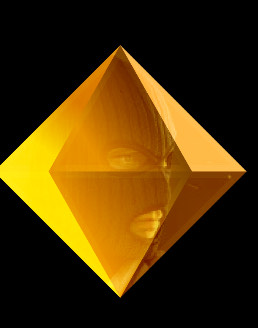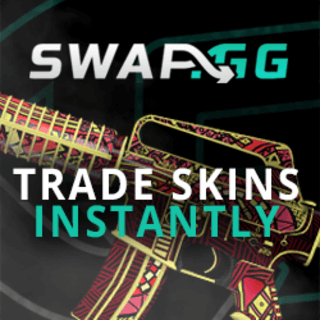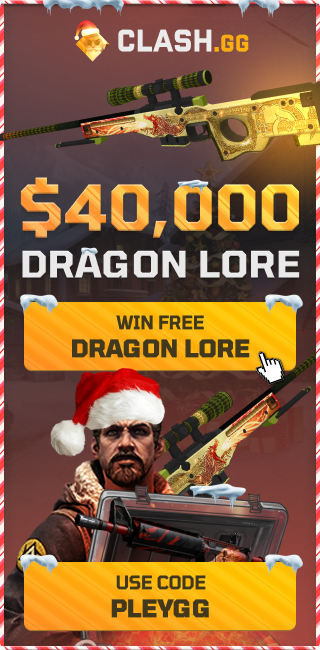Should trading in CS: GO be considered as casino gambling?
Get more information on how CS:GO skin trading works, whether or not it can be considered gambling, and also whether or not it's legel.
While the online gaming industry is expanding rapidly throughout the world, it may soon come under scrutiny from authorities due to its rapid expansion. Anti-gambling activists have focused on some aspects of popular games like Counter-Strike: Global Offensive (CS: GO). A senator from Australia's independent party, Nick Xenophon, claims that kids who play these games wind up spending thousands of dollars on virtual goods, which may lead to issues with online gambling. As Counter-Strike: Global Offensive has grown in popularity over the last several years, a new subculture of "skin gambling" businesses has emerged. Tens of thousands of players wager CS: GO in-game commodities on these sites, and the digital products they win or lose have real-world worth via the Steam Community Market.
Xenophon told Fairfax that games like CS: GO and Dota 2 are "the Wild West of online gambling," He mentioned possible new regulations including minimum age requirements, a notice of gambling content, and a ban on games charging for commodities that vary based on chance. Xenophon's office told Mashable Australia that the wording of the proposed legislative amendments is not yet public. The popularity of trading with CS: GO skins is quite popular among the users of Denmark. As a result of this, nowadays users can visit a casino online Denmark in order to get the most out of their gambling and make their trading and playing process more unique. Skins from Counter-Strike: Global Offensive are accepted in CS: GO casinos, much as the fiat money used in traditional online casinos. Several Latvian online casinos accept CS: GO bets, and this trend is growing. Bets in CS: GO is made using skins rather than Euros, Dollars, or any other fiat money. Therefore, skins are the only currency accepted in CS: GO gambling.
There are already several CS: GO gambling sites where you can use your skins to place bets on games like Roulette, Jackpot, and Crash. There is a market for buying and selling skins on some of these sites. In this article, you’ll get more information on:
● How CS: GO skin trading works
● Whether or not this kind of trading can be considered gambling
● Whether or not it’s legal
How does CS: GO trading work?
Xenophon was prescient when he predicted that gambling and internet gaming will eventually merge in surprising ways. It's gambling in the same vein as wagering on the outcome of a football game, and it's increasingly done via legitimate bookies. Online gambling is straightforward; in-game betting, is not so much.
Like a slot machine, the contents of "weapons cases" in CS:GO are randomly created and sold to players for a few bucks. Most of the time, the "skins" included are only decorative additions to weapons like guns and knives and don't change how they function in the game at all.
A player from Sydney who wished to remain nameless differentiated between "pay to win" features in games like Diablo and the way skins are acquired in CS: GO.
Is CS: GO trading gambling?
Betting on the CS: GO sites is essentially gambling, which is banned in the majority of the United States. Delaware, New Jersey, and Nevada are the only states where it is allowed, albeit they strictly control it. Even so, sites need to be legally permitted to serve residents of those states. It may not be allowed in your area to wager on events with an indirect monetary value.
Surprisingly, much as in casino gaming, the skins are similar to casino tokens, which are indirect representations of real money and are, in fact, part of the legislation governing gambling and casinos. If reported to the appropriate authorities, even such roundabout forms of gambling may be deemed to violate the law.
If you're having little luck making a profit from the sale of your CS: GO skins, what other options do you have? You may exchange it for a different skin or a better one. Players may buy and sell skins from one another in specialized markets. The exchange of skins between gamers usually doesn't include any monetary transaction. Steam is a widely used marketplace for skins. You may switch between skins after logging in there.













